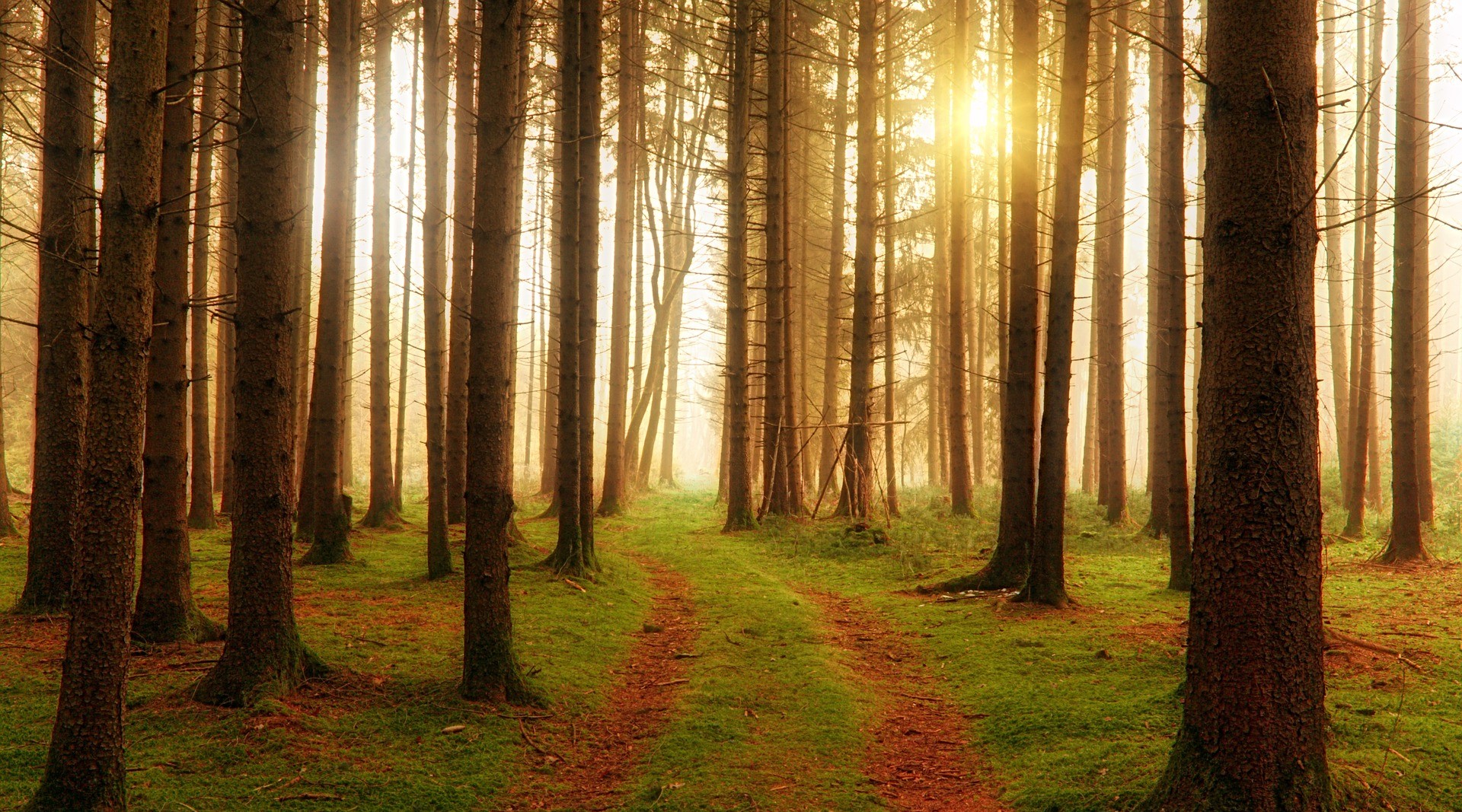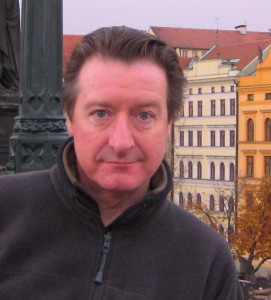
At last, a real spiritual path?
Our life’s journey can be a rich mixture of enabling and disabling thoughts and actions. We find and share success, make mistakes, go down blind allies and often teeter on the edge of precipices. The spiritual path is no exception to this, in fact it might be the most complex path of all to walk in clarity. In walking this path, we often put our trust and faith into teachings and guides, methods and gurus who themselves are flawed and human (though that could be quite an advantage, too) but also so biased and locked into their cultural heritage that they persist in projecting their own shadow or unprocessed prejudices onto us. We find ourselves accepting this bias, which is akin to going down another blind alley.
How to we find a mature spiritual pathway, one that includes a sense of full self-examination and progress in its repertoire?
Over the last few years the American philosopher of spirituality Ken Wilber has outlined what he calls “a revolutionary spirituality of Growing Up and waking Up” (see first hyperlink). Now, this is a bold claim to say the least; most of us (myself included) might recoil from such hyperbole. But he could be right, and his work could provide us with a “new” spiritual pathway, one that is attuned to the multiple needs and contexts we find ourselves in in 21st Century culture.
Here’s my understanding of it (please see the links below for a fuller one).
We engage in two different modes on the spiritual path: via a sense of spiritual intelligence (how we picture and perceive Spirit) and via a sense of spiritual experience (how we experience Truth or spiritual reality). Both of these are equally, radically, important and Wilber calls these two paths “Growing Up” and “Waking Up”. Growing Up is how we might meet and engage our cultural and psychospiritual edge and develop through distinct stages of maturation. Waking Up is how we directly, with little or no resort to conceptualisation, experience the now of Spirit in all of its manifest luminosity, the so-called nondual.
So, in essence there are two paths, Growing Up, which tends to be the one favoured by the West, and Waking Up, which tends to be the one favoured by the East. The two paths are rarely integrated.
Wilber claims to have done just that.
Wilber says that Growing Up as a path, in all of its psychosocial development, was only discovered about 130 years ago and can be seen in our psychological, political and social development (e.g. modern to postmodern values); Waking Up has been around via our shamanic past for about 50,000 years. Most spiritual systems do not have a sophisticated understanding of Growing Up, most psychological systems do not have a sophisticated understanding of Waking Up. So, on their own each path is half a path (at best). Wilber says “we have actually been training ourselves to be partial, broken people” (ibid). We now have a method to halt this.
This gives us an insight into why religious faiths can claim to be a great source of love and yet murder and war; they have not learned to Grow and realise their higher cultural and psychosocial potentials, for at whatever point a person has a spiritual insight or realisation it will be perceived and hence hold the bias at the level of that person’s psycho-social growth and cultural context. It also explains why exquisitely realised teachers can be racist, misogynist and unenlightened as regards the secular world: their sociocultural and psychological development is partial. This does not indicate the realisation(s) is false, merely partial or immature. At every rung on the ladder of our human development a different spirituality presents itself.
Wilber suggests 4 major stages of Growing Up:
- Egocentric: it’s all about me
- Ethnocentric: it’s all about my tribe or group
- Worldcentric: it’s all about all of us
- Kosmocentric: it’s all about all being
As we develop through the stages our identity grows wider, as does our care and concern.
So, Waking Up: achieving a realisation that both beholds and internalises ultimate truth to be reality, imbued with the nondual luminosity of all, is radically important. Growing Up: being able to interpret and be culturally sensitive to cultural and psychological development in order to enable moral action in the relative world: radically important. An experience of Waking Up is not enough, especially if it be experienced at a lower level of development.
Spirituality now has a pathway (an integration of two paths) that can provide and nurture a sense of an all-inclusive, all-embracing, authentic and mature engagement and response.
Psychological and cultural development might be the best method of Growing Up, meditation such as transformative mindfulness might be the best method of Waking Up.
Oh, and Wilber contends that upon integrating the paths of Waking Up and Growing Up we then become more fully engaged in Clearing Up (ourselves) and Showing Up more.
Sound like fun?
See
http://integral-life-home.s3.amazonaws.com/Wilber-ARevolutionarySpirituality.pdf
http://www.kenwilber.com/Writings/PDF/SummaryofMyPsychologicalModel_GENERAL_2000_NN.pdf
https://www.amazon.co.uk/Integral-Meditation-Mindfulness-Grow-Wake/dp/1611802989





Write a Comment